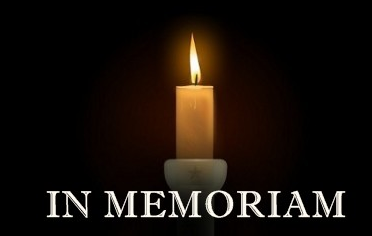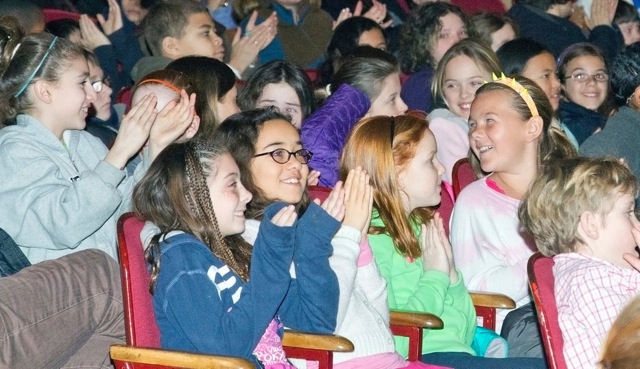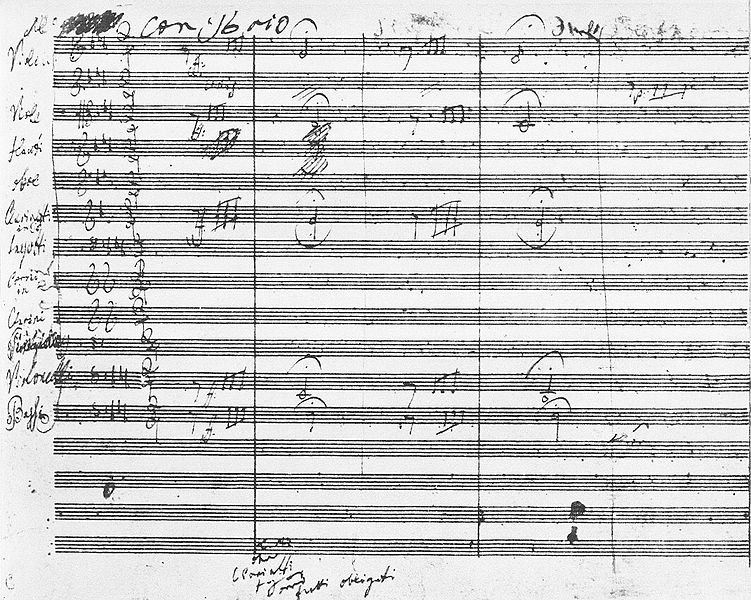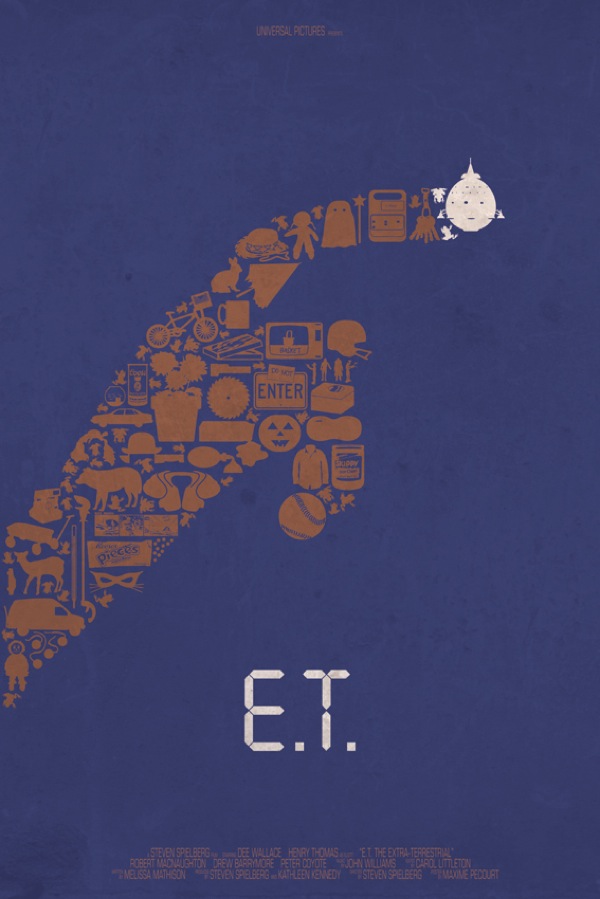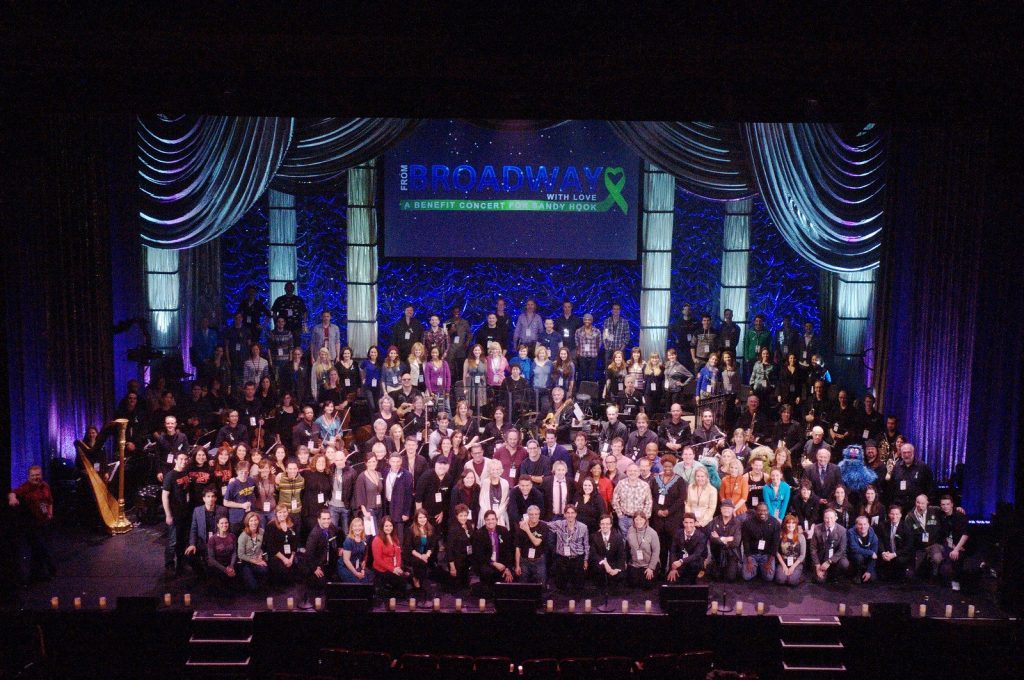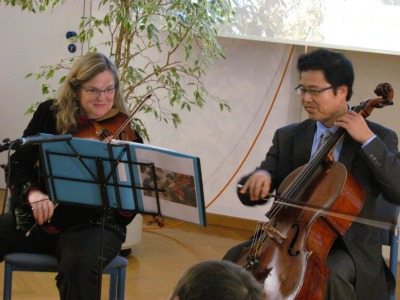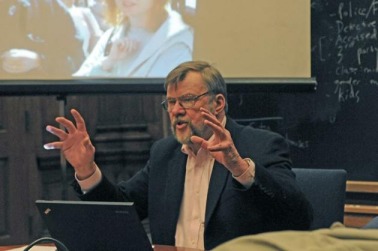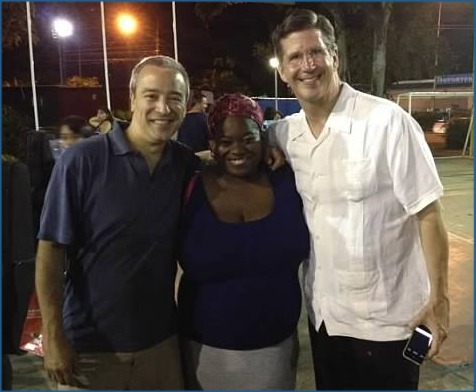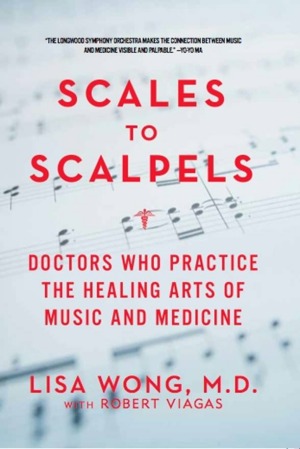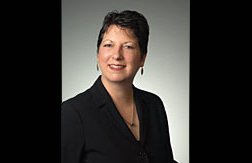In Memoriam – 2012
April 1, 2013Polyphonic’s tribute to those people important to our field who died in 2012. Please send additions or corrections to Robert Levine (rob at robertlevine.org).
Connecting to Kids and Concepts: The Unleashing Power of Music Education Programs
March 25, 2013In this article, New Bedford Symphony Orchestra Education Coordinator Terry Wolkowicz introduces us to some of her orchestra’s innovative educational programs. Terry talks about some of the current thinking in the educational field and how the New Bedford Symphony Orchestra is creating programs that serve the “real needs of our 21st century students.” Enjoy!
Interpretation: A Case for Broad Perspective
March 4, 2013Violinist Gerald Elias, formerly with the Boston Symphony and the Utah Symphony, has written a delightful yet informative piece about the reality of “performance practice.” Just what did Beethoven’s premiere of his Fifth Symphony sound like? And what was the concert experience like for those who attended? Jerry discusses in depth some of the misperceptions, as he sees them, of those musician who purport to offer “historically informed” performances, from the use of vibrato to the concept that there is only one “correct” template for authentic performance practice. Ultimately, he poses the question, “Do you want to experience what the audience heard at the premiere of Beethoven’s Fifth, or do you want to experience what they felt?”
This article was originally published at ReichelRecommends.com.
Ann Drinan, Senior Editor
Can an Alien Save the American Orchestra? –Thoughts on "The New Model"
February 14, 2013In this article, Michael Manley offers some compelling thoughts about the future of orchestral programming. He challenges us to break down the barriers of “art music,” “commercial music,” and “pops” and to be more open to including a wider variety of music on orchestral concerts. I think you will enjoy his writing style and his ideas for the future!
"Putting it Together" – From Broadway With Love: A Benefit for Sandy Hook
February 8, 2013Brett Boles and I went to high school together in Newtown, CT, where tragedy struck the community on December 14, 2012. Brett has established himself as an exciting new voice in the musical theater world, and in the aftermath of that horrific day, Brett used his talent, time, and contacts to organize an incredible event to pay tribute to and raise money for the community. It is clear that the concert was transformational for both the performers and the audience, and in this article, Brett tells the story of this emotional process in his own words. Thank you Brett, and all who made this event possible, for this moving gesture of love for the Newtown community.
Orchestral Health and Wellness Programs
February 4, 2013Recently the League of American Orchestras announced the recipients of 22
Education and Community Investment Grants from the Ann and Gordon Getty Foundation. Applicants for the re-granting program came from every orchestra budget group. The initial 204 applicants were narrowed by an independent advisory panel to 44 semi-finalists; all were then judged on six criteria: the degree of innovation and relevance to community needs; the orchestra’s capacity to deliver; the of the program appropriateness to mission and community; the appropriateness and strength of partnership(s); the ability to assess outcomes; and professional development for musicians and staff.
According to the League’s press release, “A prerequisite for qualifying orchestras was the existence of partnerships with local cultural and/or community organizations, such as schools or social service providers. This year’s grants … will fund both new and established innovative programs including: long-term in-school partnerships and afterschool programs; health and wellness initiatives in hospitals, rehabilitation facilities and nursing homes; and programs for the underserved and underprivileged, including incarcerated youth.
In Memoriam: Richard Hackman, 1940 – 2013
January 21, 2013I met Erin Lehman and Richard Hackman back in the mid-90s when they brought their research to ROPA conferences. I remember having a long talk with Richard in Ottawa at the second “Unity” conference, about the future of orchestras and what we could do to change the culture. When Erin sent me word that Richard had passed away on January 8, 2013, I asked her to write a memorial for Polyphonic, explaining why he was so important and so revered in the orchestra world. Richard’s Harvard colleagues have put up a memorial website: www.jrichardhackman.com
The Waterbury Symphony Experiences Venezuela's El Sistema
January 13, 2013Last summer, Leif Bjland, Music Director, Steve Collins, Executive Director, and Calida Jones, Program Director of Bravo Waterbury, their El Sistema nucleo program, traveled to Venezuela for 10 days with several teachers and administrators from the OrchKids project in Baltimore, and Mark Churchill from New England Conservatory. All three WSO staffers found it a life-changing experience, which is common for American musicians who spend time in Venezuela, experiencing the El Sistema program at its grass-roots.
The Longwood Symphony: An Interview with Lisa Wong, M.D.
November 26, 2012I met Dr. Lisa Wong at the airport in Dallas, returning from the 2012 League of American Orchestras conference. At the check-in counter, I discovered that she was flying to Boston on the same plane, so I asked her which orchestra she was with. When I learned that she played with the Longwood Symphony, I mentioned that I had heard that someone in her orchestra had written a book about it, and could she put me in touch with the author. She unzipped her suitcase and pulled out a copy of her book, “Scales to Scalpels.” And it turns out that she lives quite close to my mother – she and her husband, Lynn Chang, dropped me off, saving me a late-night trolley ride. What an interesting set of coincidences!
Lisa’s book is a fascinating account of the formation and work of the Longwood Symphony, her own passage through music and medicine, and lots of information about the powerful healing aspects of music. She discusses her trips to Venezuela with her daughter as part of her experiences with El Sistema, and gives us lots of information about how the ear works and how the brain processes information and music.
But most importantly, she tells us stories that inspire: about Ruth, who was awakened from a catatonic state by a therapist’s turning on the local classical music station; about the children at the burn center who were so inspired by the famous violinist who himself had survived a terrible fire as a child; about the medical musicians, all with relatives suffering from Alzheimer’s, who were amazed at the reaction to their playing for a group of Alzheimer’s patients. Lisa’s book will truly reinforce your perceptions of the power of music to heal.
Lisa came to Hartford recently to give a presentation at the Medical Society of Hartford about her book and to talk about the many connections between music and medicine. She played a few movements from the Third Bach Suite on her viola during her presentation. The doctors in attendance were rapt, both to listen to her music and to hear her words. I’ve adapted passages from her book, her remarks in Hartford, and our subsequent conversation into an interview about the Longwood Symphony.
Beyond the Library
November 9, 2012Meredith Music Publications has just published a book about performance librarians: “Insights and Essays on the Music Performance Library,” edited by Russ Girsberger and Laurie Lake. The publisher has kindly given Polyphonic permission to reprint an essay by Karen Schnackenberg, Principal Librarian with the Dallas Symphony and a long-time Polyphonic contributor.
In her essay, Karen talks about the role the librarian plays within the symphonic organization and focuses on two main points: 1) how little understood is the job of the music librarian amongst musicians, administrators, board, and audience, and 2) the need for the performing librarian to understand how they fit into the larger organization, and to move “beyond the library” to advocate for their orchestras. To quote Karen, “Performance librarians, by nature, are detail-oriented people. Our tendency, then, can be to immerse ourselves in the music preparation — which is our job, after all — without wanting to participate in the larger goings-on around us. But it’s the big picture that gives meaning to our detail work, the overall impact of great live music on the audience.”
Extracted, with permission, from “Insights and Essays on the Music Performance Library.” © 2012 Meredith Music Publications. All rights reserved. This material may be printed solely for individual, noncommercial use. Copyright notice and other proprietary notice must be included with any material printed. Reproduction of any material for any commercial purpose is prohibited without written permission from the Publisher.

